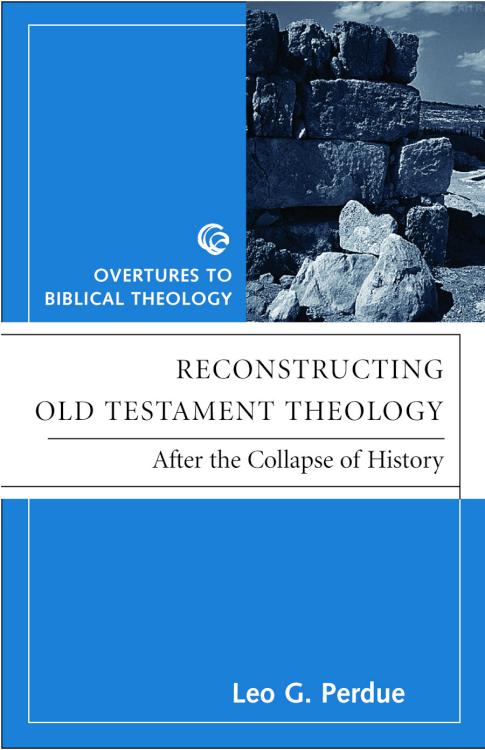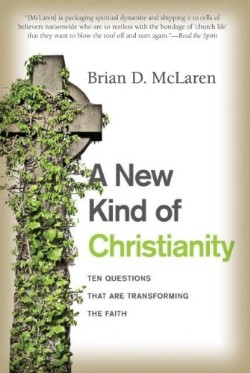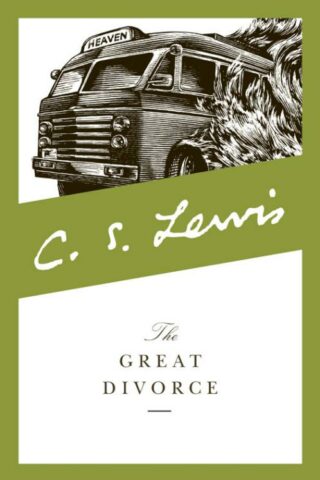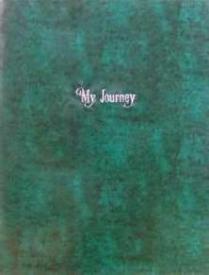Reconstructing Old Testament Theology
$39.00
Editor’s Foreword
Abbreviations
Preface
1.The Present Status Of Old Testament Theology
Introduction
Reasons For The Collapse Of History
After The Collapse Of History
New Approaches: The Fundamental Assumptions
Description Of The Present Task
2.From History As Event To The History Of Religion: Religionsgeschichte And Biblical Theology
Introduction
The History Of Religion And/or Biblical Theology?
The Theology Of Jeremiah And The History Of Religion
Evaluation
3.From Eurocentric History To Voices From The Margins: Liberation Theology And Ethnic Biblical Interpretation
Introduction
Liberation Theology In Latin America
Segovia’s Theology Of The Diaspora
African American Theology And Biblical Interpretation
Jeremiah And A Theology Of The Diaspora
Jeremiah And African American Biblical Theology
Evaluation
4.From Exclusion To Inclusion: Feminist Interpretations Of History
Introduction
Elisabeth Schussler Fiorenza
Discovering Eve: Carol Meyer’s Feminist Social History Of Ancient Israel
A Critical Feminist Liberationist Interpretation Of The Book Of Jeremiah
Evaluation
5.From History To Rhetoric: Feminist, Mujerista, And Womanist Theologies
Introduction
Feminist Literary Critics And Biblical Interpretation
Feminist Metaphorical Theology: Sallie McFague
Recapturing The Language Of Zion: Rhetorical Criticism And Feminist Hermeneutics
Womanist Biblical Interpretation
Mujerista Biblical Interpretation
Evaluation
6.From Jewish Tradition To Biblical Theology: The Tanakh As A Source For Jewish Theology And Practice
Introduction
Jews Who Do Biblical Theology
From Traditum To Traditio: Michael Fishbane
Exegetical Imagination: Midrashic And Mythopoeic Images
The Myth Of The Return To Chaos In Jeremiah
Conclusion
7.From History To Cultural Context: Postmodernism
Postmodernism: Tenets And Theorists
Postmodernism And Biblical Interpretation
Postmodernism, Biblical Theology, And Jeremiash: Walter Brueggemann
The Value And Limits Of Postmodernism
8.From The Colonial Bible To The Postcolonial Text: Biblical Theology As Contextual
Postcolonialism
The Stages Of Postcolonialism And Its Impact On Subaltern Religion
Characteristics Of Subaltern Writings And Readings In Religion And Theology
Voices From The Third World: Male And Female
Postcolonial Biblical Theology In Geographical Settings: The Case Of Senegal
A Second Example Of Postcolonial Biblical Theology: India And Dalit Theology
A Postcolonial Interperation Of The T
Additional Info
In this informative and keen look at contemporary trends in Old Testament theology, Perdue builds on his earlier volume The Collapse of History (1994). He investigates how a variety of perspectives and methodologies have impacted how the Old Testament is read in the twenty-first century including: literary criticism; rhetorical criticism, feminist, womanist, and mujerista theologies, liberation theology; Jewish theology; postmodernism; and postcolonialism.
Perdue provides a sensitive reading of the aims of these approaches as well as providing critique and setting them in their various cultural contexts. In his conclusion, the author provides a look at the future and how these various voices and approaches will continue to impact how we carry out Old Testament theology.
in stock within 3-5 days of online purchase
SKU (ISBN): 9780800637163
ISBN10: 080063716X
Leo Perdue | Editor: Walter Brueggemann
Binding: Trade Paper
Published: June 2005
Overtures To Biblical Theology
Publisher: Augsburg Fortress Publishers – 1517 Media
Print On Demand Product
Related products
-
New Kind Of Christianity
$16.99After the hailstorm of controversy stirred up by the hardcover, we hope the paperback release keeps the debate going. One of the most innovative Christian voices today and author of the controversial A New Kind of Christian faces head-on the questions that will determine the shape of the faith for the next 500 years.
Add to cart1 in stock (additional units can be purchased)
-
Great Divorce
$17.99C.S. Lewis takes us on a profound journey through both heaven and hell in this engaging allegorical tale. Using his extraordinary descriptive powers, Lewis introduces us to supernatural beings who will change the way we think about good and evil. In The Great Divorce C.S. Lewis again employs his formidable talent for fable and allegory. The writer, in a dream, finds himself in a bus which travels between Hell and Heaven. This is the starting point for an extraordinary meditation upon good and evil which takes issue with William Blake’s The Marriage of Heaven and Hell.
Add to cart1 in stock (additional units can be purchased)






Reviews
There are no reviews yet.